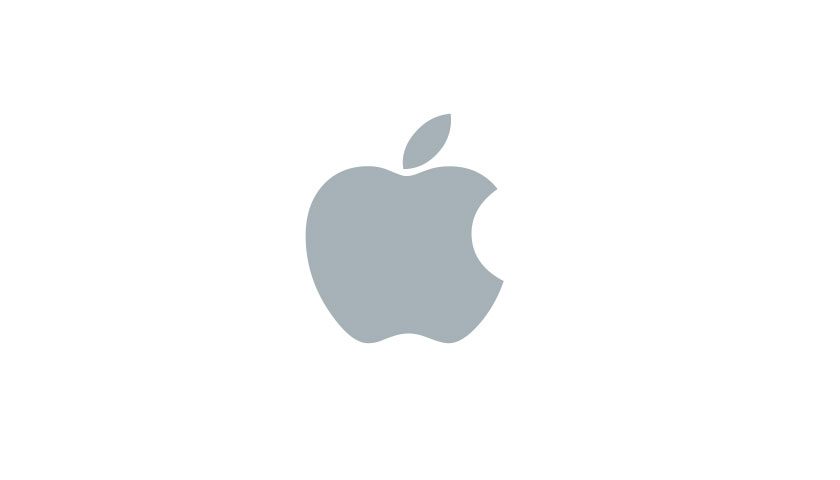A new survey conducted by Murena for Data Privacy Day 2025 has revealed a worrying lack of knowledge among the British public about how their personal data is collected, used and accessed by technology providers.
The survey, commissioned by ethical tech provider Murena, revealed only 17% of Brits check what permissions and type of data an app has access to when installing on their device, meaning almost 46m individuals[1] are unwittingly giving away their personal data – which can range from their precise location, where they live, camera access, health information and even sexual preferences and desires.
Murena’s CEO and data privacy rights campaigner, Gaël Duval, is urging people to be more discerning about what online services they use and apps they install.
The personal data, which is collected via mobile apps, browsing websites and even at operating system level on mobile devices, is used to create advertising profiles of the individual and often sold to third-parties for further advertising and even other, unknown purposes. It also puts users at greater risk of identity theft.
The study also revealed that some 15m[2] admit they worry about how their data being collected now can be used in the future.
“I often get asked what the consequences and risks of poor data privacy are for individuals but truthfully it’s impossible to tell the full extent of it yet,” says data privacy rights advocate and CEO at Murena, Gaël Duval, “currently we know for a fact that personal data is a rich currency, which data brokers and advertisers grossly benefit from, to the detriment of users who often end up spending more time and money online than they intend.
“However, once a piece of personal data exists, it can be used and passed on indefinitely – nobody knows how your online behaviours now could be used against you in the future, especially in our fast evolving society, things that are acceptable now may not be in the future. Anyone who has a smartphone and hasn’t taken steps to protect their privacy, is giving away overwhelming amounts of personal information every day.”
Duval also stresses that the lack of awareness is a result of big tech providers’ opacity and convoluted terms and conditions, rather than the individual technology user’s fault, as people install apps they don’t need and then leave them on their device.
Therefore, he is calling for better transparency within the industry, so people can make informed choices about the services they use, and a move towards open source and open standard technologies – which means a software/app’s source code can be vetted by anyone, holding the provider accountable to its claims.
“Currently, the majority of big tech providers are not open source and therefore users have to take a corporation’s word for their claims,” says Duval, “we see time and again where this trust is betrayed and user data rights breached.”
He also warns that the closed market nature of prominent services like social media platforms, search engines, email providers and cloud services are dominated by a few key global corporations leading to lack of competition and accountability.
Duval, an entrepreneur, software developer of over 25 years and pioneer of Mandriva Linux in the 1990s, was so concerned about the data privacy crisis that he founded non-profit eFoundation, which develops and maintains open source privacy-focused Android operating system, /e/OS.
Android users can flash /e/OS free-of-charge to a large number of devices in replace of Google, as /e/OS does not collect user data and also has a feature that automatically blocks third-party apps from collecting any data. His company Murena also sells smartphones and tablets with /e/OS preloaded so no technical expertise is required.
“The problem with data protection is that there is no quick fix,” says Duval, “non-technical users often find the topic overwhelming and vetting permissions for every single online service one uses is impractical – nobody has time for that. And so people give up and that is what big tech providers, data brokers and advertisers rely on. It’s why I am passionate about creating solutions, including the privacy focused operating system, smartphones and cloud services; offering consumers choice is the key to digital freedom and an ethical future for technology.”

